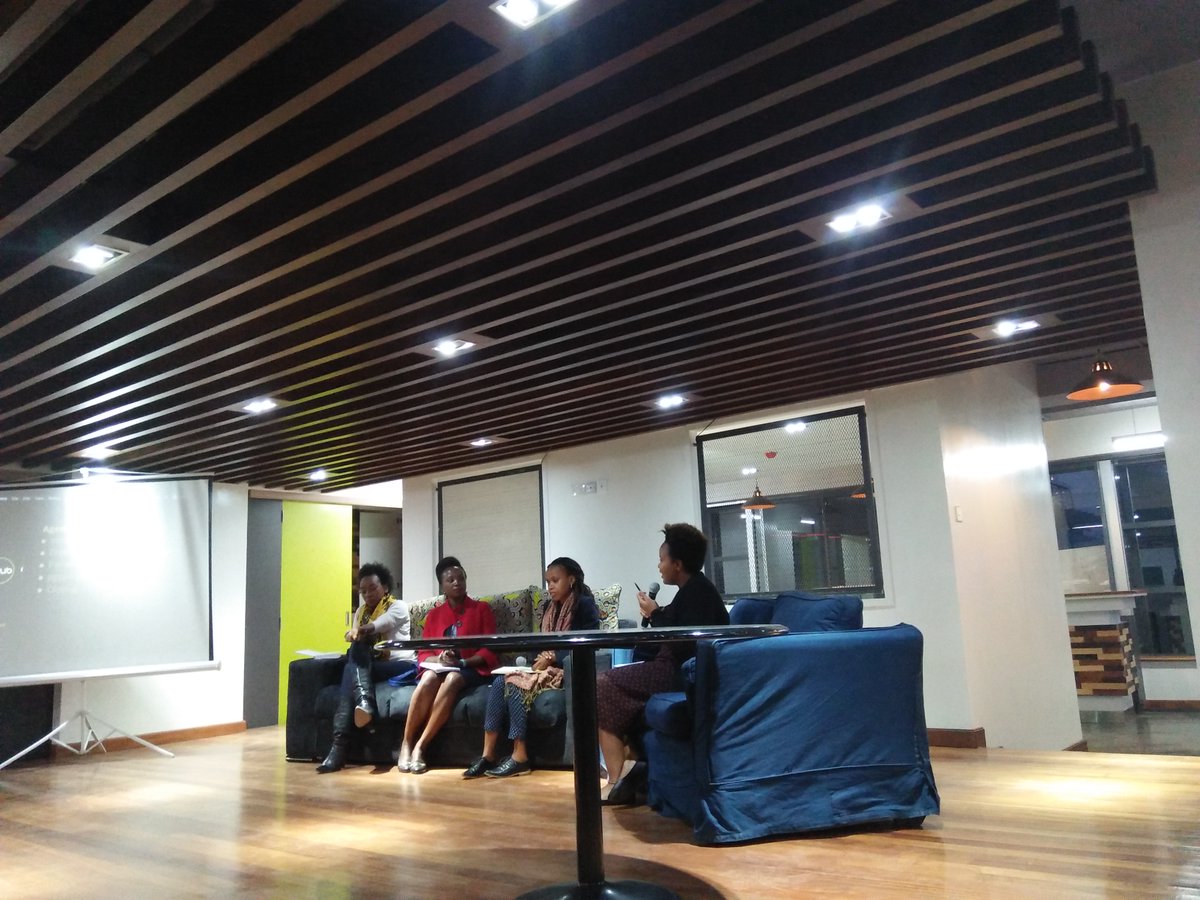
“Any woman who is using the Internet for her professional life or for her personal life has come across that moment where there is all of the sudden a hateful or sexist comment coming back at you.” Katherine Clark
Cyber bullying or technology assisted violence has become rampant in today’s digital age. Women seem to be the hardest hit. From receiving unsolicited images or attention and insults from men to doxing, stalking and even revenge porn. The internet these days has become a safe harbour for harassers targeting women who dare have a voice. This has made many women be afraid of engaging online or sharing their passions and what they stand for on any online platform.
The internet is an enabler in business, education and the community in general. Making it safe for everyone who uses it should be a top priority. However, the government and other stakeholders’ tend to focus more on cybersecurity aspect compared to cyberbullying. A safe internet space is where one is allowed to state his or her own views online and no one has the right to come against what was said. Where we can share, interact engage without someone having to regulate what we are saying and a safe space where we can actually talk online without being restricted by anyone.
A research done by iHub, after being awarded a grant to further Internet Freedom progress in Kenya, seeks to enhance internet freedom for women, by taking a closer look at hyper-visible profiles; bloggers, journalists, political aspirants and activists who use their online platforms to further their work.
An event held yesterday by the same organisation was geared towards build awareness on gender issues of internet freedom in Kenya, Policy reform and Network development.
The research found out which kind of harassment happens online and where it happens.women seek support groups in the case they experience cyberbullying and in most cases, they do not know where to get the help.
Women are revered as been too emotional when they are online. This tends to be used against them. Names such as keyboard warrior, feminazi, blonde and feminist have been used towards this effect.
The government, partners in the internet community such as Google, Facebook and Twitter should come on board to fight cyber bullying. However, everyone has a role to also play when engaging online. We should always give much thought whenever we want to reply to a comment or what someone has posted online.
Nevertheless, there are challenges that face mitigating cyberbullying. For example, when women report online bullying to the police, they are in most cases told to log off if they do not like the way they are being treated online. This may be due to the lack of effective personnel to handle cyberbullying cases or the ‘know how’ or intelligence on what cyberbullying really is. Women are also sometimes instigated on whether they made someone cyber bully them.
There are limited funds towards cyber crime bullying. It also takes a longer time to review reported comments on social media sites. There is also not much public support on women issues as gender perspectives are reduced. Policy balancing where all genders are considered cyber bullying would be effective to fight cyberbullying since men are also bullied online.
Much of our lives are lived online. We should, therefore, be responsible adults on online platforms.